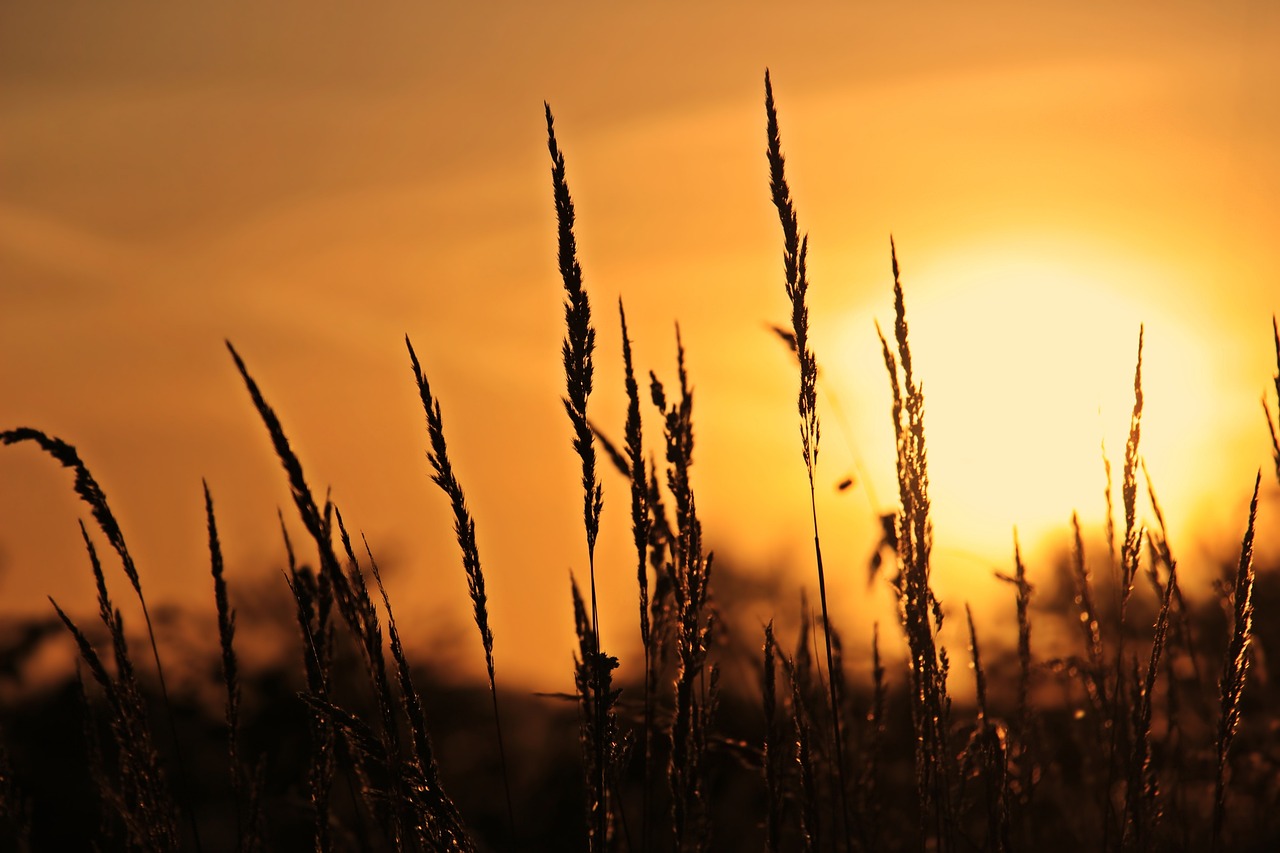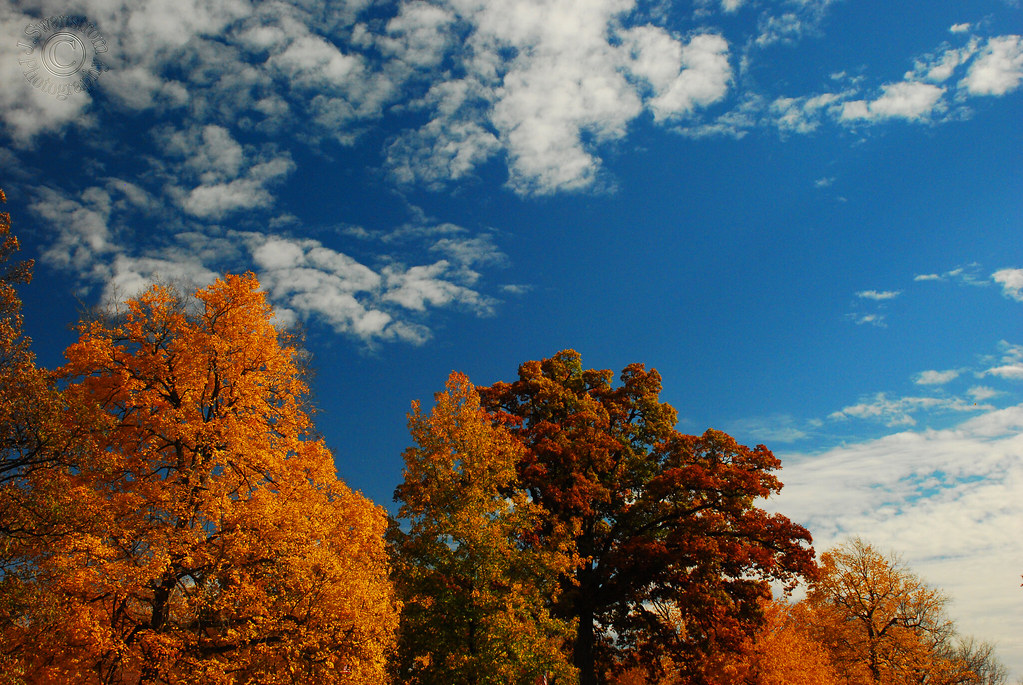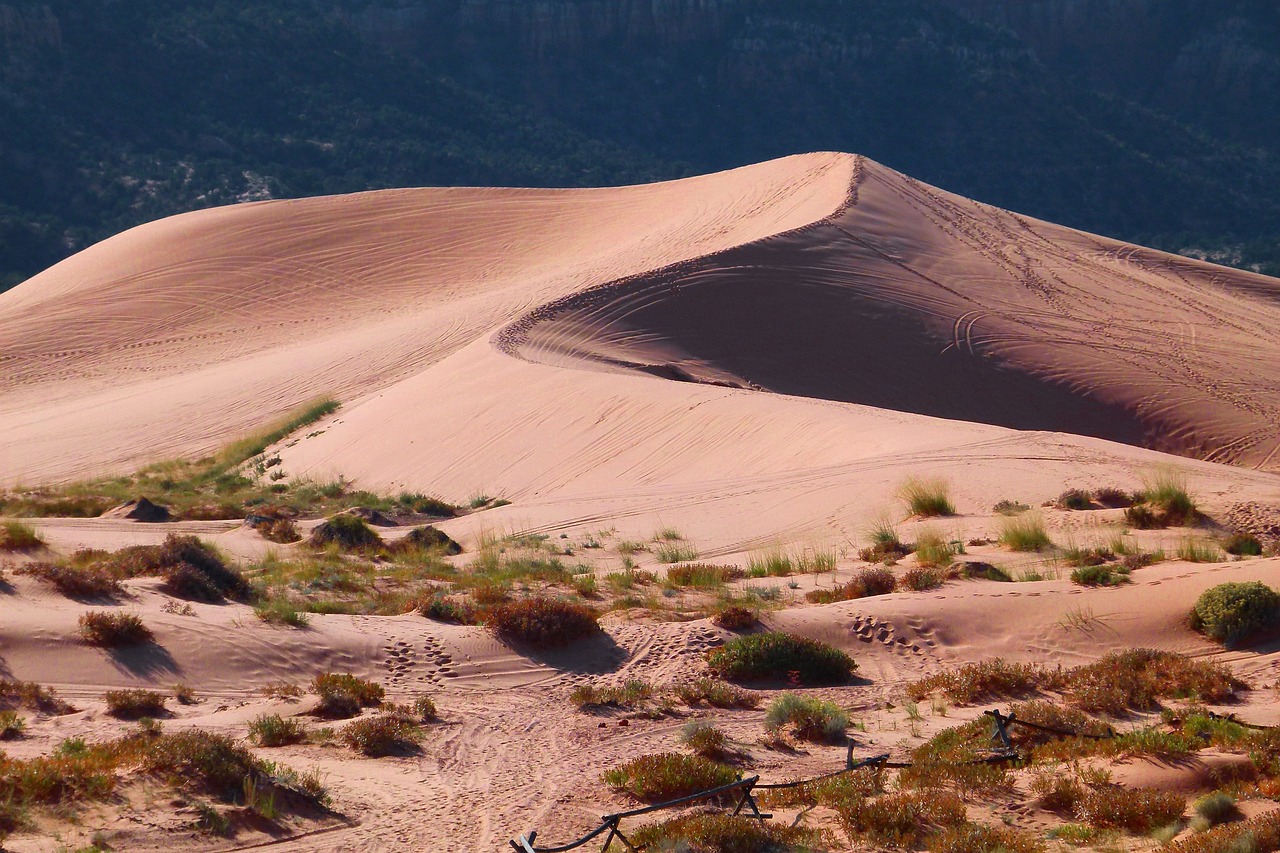Excerpts from Laurence Freeman OSB, presentation to the Australian National Conference, October 2019, noted in Meditatio Newsletter January 2020, p. 10.
We are all well aware of the problems that we face at this point in human evolution… how un-unified we are, how far away we are collectively from the truth of our human nature that Jesus reveals… that we are essentially one. [How] very challenging it is to believe at this time in the oneness of human nature and the possibility that human beings can love, forgive, can be just, can refrain from violence. It is very hard to believe in the divine nature and potential of humanity when we see how we behave and the failures of the leaders that we frighteningly sometime seem to deserve… and [when] so many of the structures that we felt secure in, politically, religiously and economically, are dissolving and collapsing around us. [ . . . .]
Division destroys unity because, as the word suggests, it is diabolical, it splits. The intention to divide and conquer, the political game that unscrupulous people play, cannot be of God… because God is one. God is not fragmented into a pantheon of little gods, competing with each other as projections of our own imagination and desires and fears. The three great sister religions, for all their differences and conflicts, have understood… and grow out of the same insight into human and divine nature, that God is one. The deep unity of the human being comes from God within us, St Paul says, and discovering this oneness within ourselves, within our nature… is the only way we can heal the wounds of violence and division.
Meditation is the work of discovering this unity within us and among us . . .The most important thing we must remember in the challenges of this time is the unity that we share—the great mystery of humanity—despite our racial, cultural and religious diversity. We can’t know it from the outside. Knowing it means we must enter into a silence in which the dualistic mind is left behind. Contemplative consciousness is not dogma, nor does it arise from analytical thinking, but from the experience of oneness itself, which is very simply the experience we allow ourselves to taste in meditation.
After Meditation, “The Coming of Light” by Mark Strand in COLLECTED POEMS (New York: Knoph, 2014), p. 183
Even this late it happens:
the coming of love, the coming of light.
You wake and the candles are lit as if by themselves,
stars gather, dreams pour into your pillows,
sending up warm bouquets of air.
Even this late the bones of the body shine
and tomorrow’s dust flares into breath.






